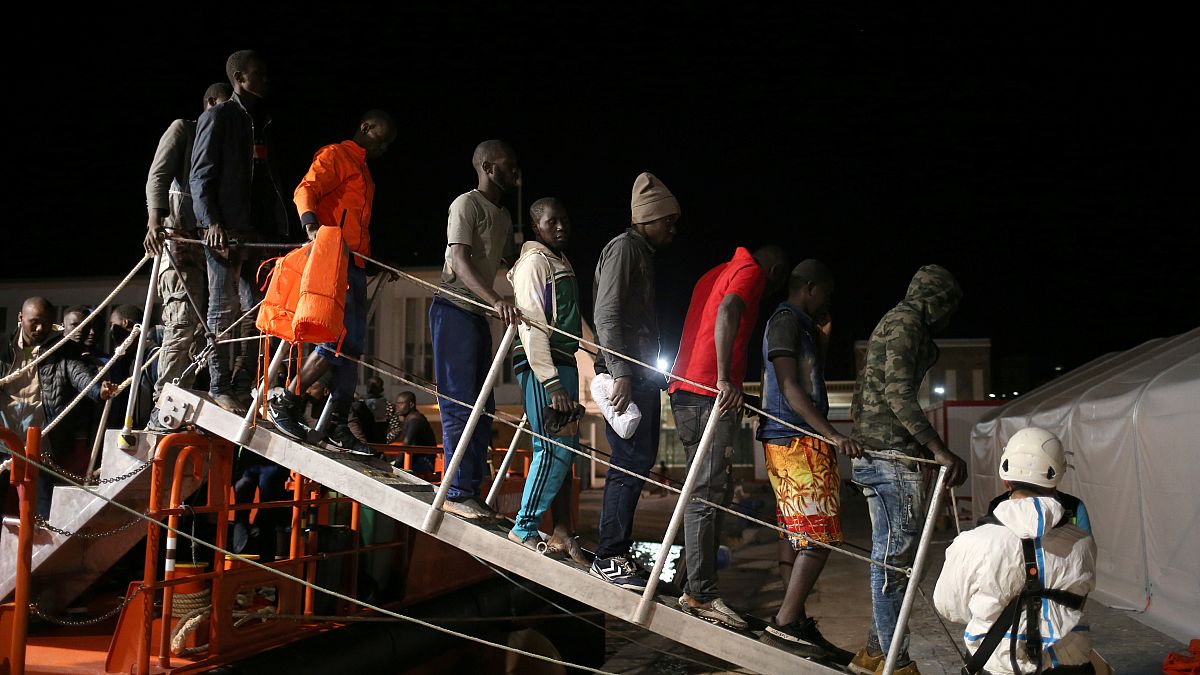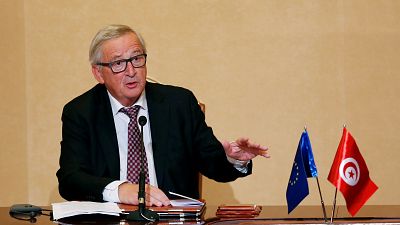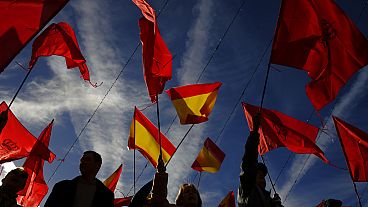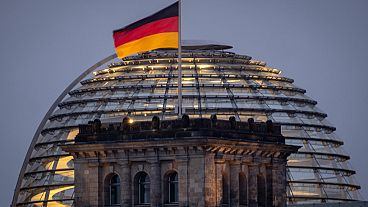UN special representative, Louise Arbour, talks migration and climate change, and why Europe must open its doors to legal migration for its labour market.
There are over 250 million migrants around the world living outside their country of birth and this figure is expected to grow. The debate over migration in Europe remains divisive. We spoke to the UN special representative for international migration, Louise Arbour about the EU's choices.
"Europe now and even more so in the decades to come will have a self interest in opening up legal pathways to its labour market because it's very clear that Europe to different extent in different European countries but across the world will have a very severe deficit of human resources in the years to come".
Far from being a burden, the UN highlights the contribution of migrants to the economy.
"The picture of who are migrants I think is very misunderstood. They contribute, migrants spend 85% of their income, they usually earn less than native workers, that's unfortunate but to be expected, they spend 85% of their income in the host community and they send 15% back home. This 15% in 2017 was 600 billion dollars. This is three times more than the official development aid that rich countries send to the developing world," explains Arbour.
With the warnings from the UN's recent report on climate change, Arbour stresses that forced displacement is clearly linked to global warming.
"In the area of climate change is it five minutes to midnight or one minute to midnight? I think scientists fortunately tell us we shouldn't give up because it's not quite too late but it's late enough that I think the kind of mobilisation we need which will have an enormous impact also on migration is that this process should start right now."



